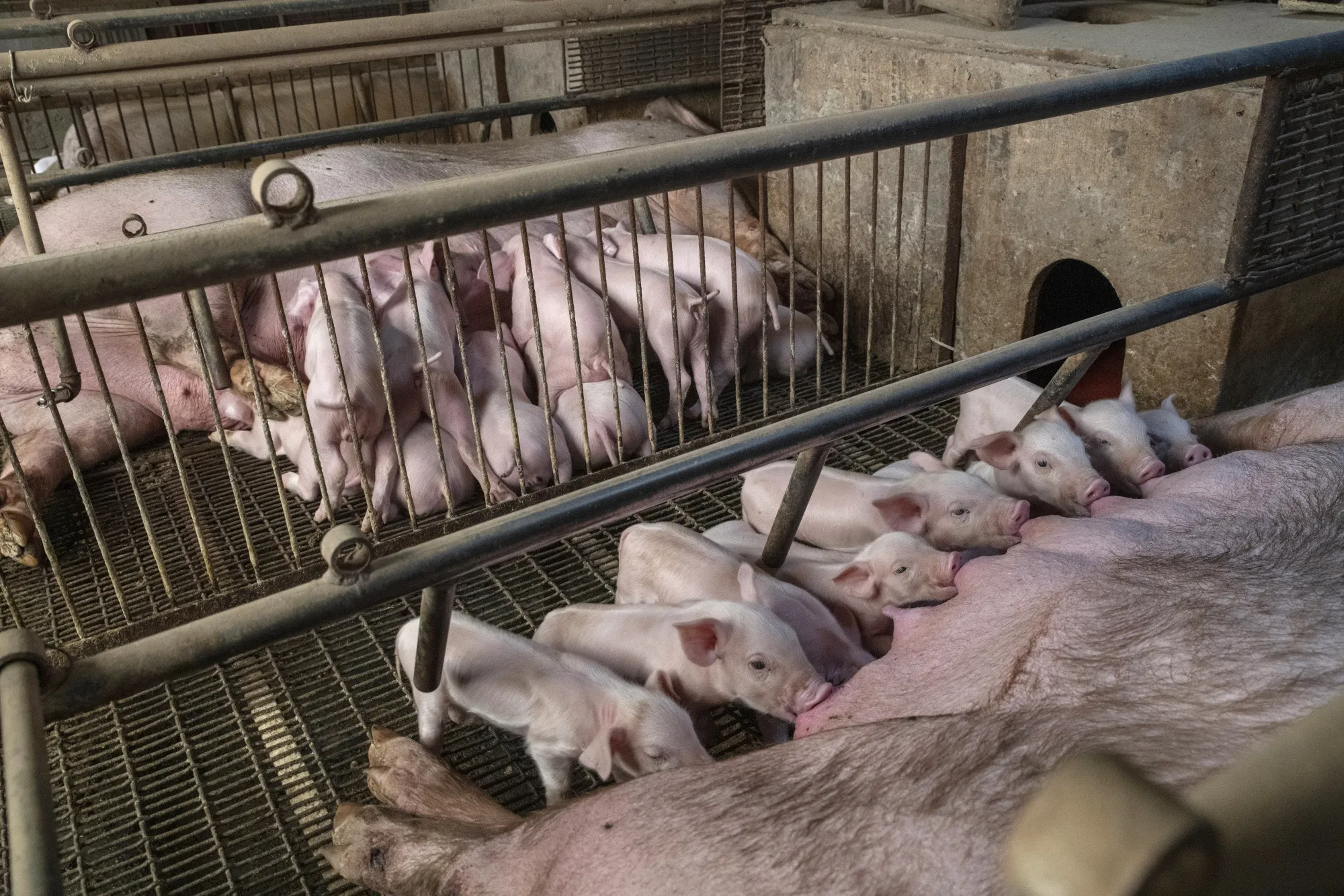Taiwan has confirmed its first case of African swine fever after tests on pigs at a farm in Taichung returned positive results. Officials responded swiftly, culling 195 pigs to contain the outbreak. They also imposed emergency restrictions nationwide.
Measures Taken to Control Spread
Authorities established a control zone spanning 3 kilometers around the infected farm and initiated thorough cleaning and disinfection procedures. They banned the movement and slaughter of pigs island-wide for five days starting Wednesday at noon.
The agriculture ministry said it will isolate the virus strain before reporting it to the World Organization of Animal Health, though it warned that in the meantime, precautionary steps must not wait.
Causes, Risks, and Industry Impact
While African swine fever doesn’t infect humans, it is nearly always fatal to pigs. Experts believe the virus likely entered Taiwan via illegal importation of pork products, which may have been fed into pig farms via food waste channels.
The local pork industry is vital to Taiwan’s agriculture, generating significant revenue each year. The government has long enforced strict control of meat imports and imposes fines up to NT$1 million for violations.
Regional and Global Disease Trends
Taiwan had been among the few places in Asia free of African swine fever until now. The disease remains active in South Korea and in many European countries. Taiwan’s new case underscores that the virus continues to challenge regions previously thought to be protected.
Countries hit in past outbreaks, such as China and Vietnam, have at times culled millions of pigs and suffered huge economic losses.
Conclusion
The confirmation of African swine fever in Taiwan marks a dangerous turn for its pork industry. The swift culling and movement ban show how seriously authorities are acting. Still, the outbreak highlights ongoing vulnerabilities, especially in the area of illegal meat importation. Maintaining vigilance and strengthening biosecurity will be essential if Taiwan hopes to prevent broader spread.
Bonus Read: New York Reports First Locally Acquired Chikungunya Case in Years




2 thoughts on “Taiwan Reports First African Swine Fever Case, Culls atleast 195 Pigs”